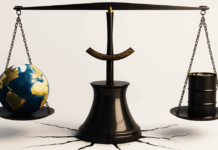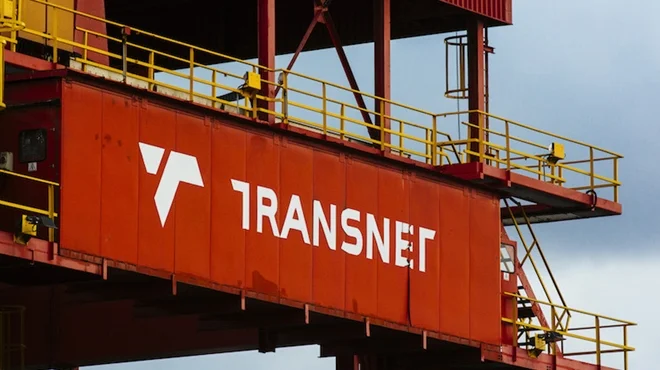The surprise news this week was that the acting group chief executive of Transnet, Tau Morwe, would not have his six-month term extended and was to be replaced by yet another acting chief executive, Mohammed Mahomedy.
No reasons were provided. The announcement simply said the board of directors had decided not to extend Morwe’s contract when it came to an end on May 3.
It did, however, acknowledge what the Transnet board described as the reorganisation and operational efficiencies Morwe had set in motion and committed itself to continuing with the programmes and plans he started.
He had been acting group chief executive for six months, having been brought back from retirement in November last year after former group chief Siyabonga Gama was dismissed.
Morwe was in a unique position when he retired in 2015 having been in charge of three of Transnet’s main divisions – Port Terminals since its inception as part of Portnet in the 1990s, Freight Rail, and National Ports Authority.
He joined the company from an airport-related firm in 1997 and remained with Transnet until the end of April 2015 when he took retirement.
The new acting group chief executive, Mahomedy has been Transnet’s acting chief financial officer for the past 12 months.
The announcement perpetuates one of the maladies facing South Africa’s state-owned transport logistics company, an organisation that has a pivotal role in the economy of the country and wider region. That is of lacking any sense of permanent leadership in too many of the critical sectors of the industry.
The Transnet group now continues for another period of unknown length with an acting group chief executive. Transnet National Ports Authority, which has the landlord role covering all the ports, also has an acting chief executive.
The port of Durban, the busiest and most strategically important port in all of sub-Saharan Africa, has been in this position since July 2018.
There are several other “acting” positions throughout the group.
No matter how competent the acting leadership may be, it remains of temporary duration and will almost certainly undergo more change once a “permanent” appointment is eventually made.
The maritime industry, meanwhile, wants stability and the country deserves no less if service-delivery is to improve.















